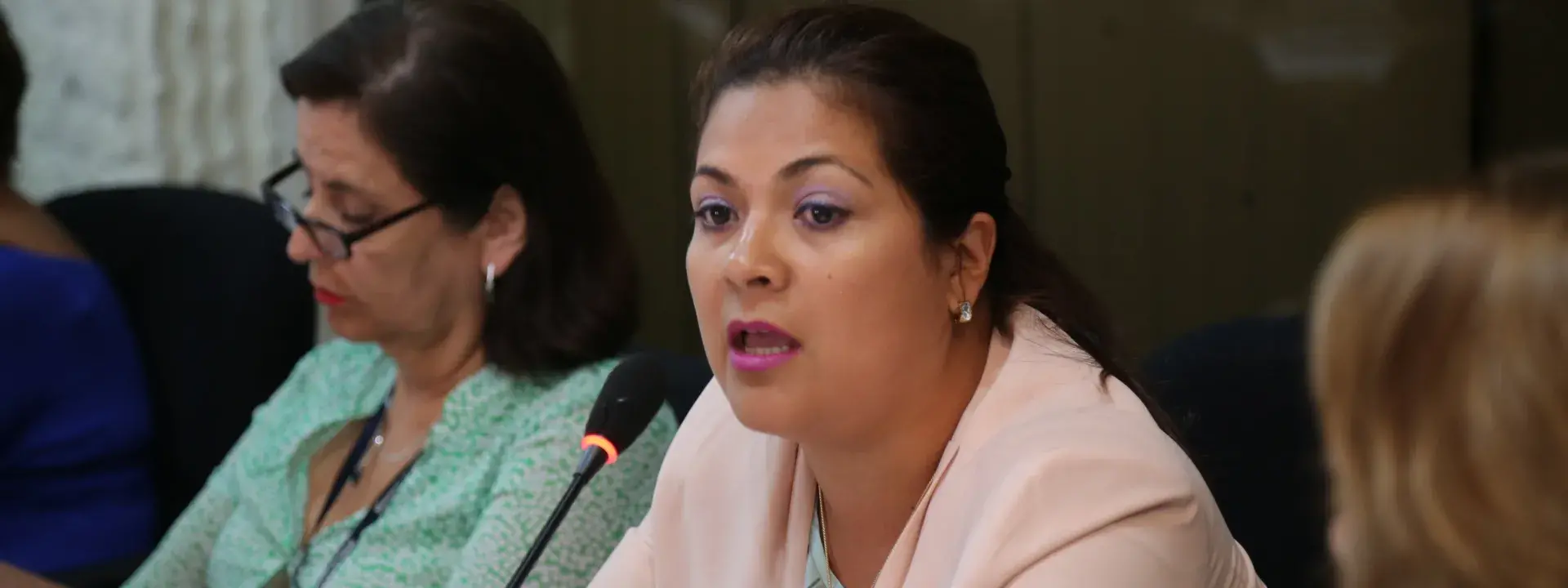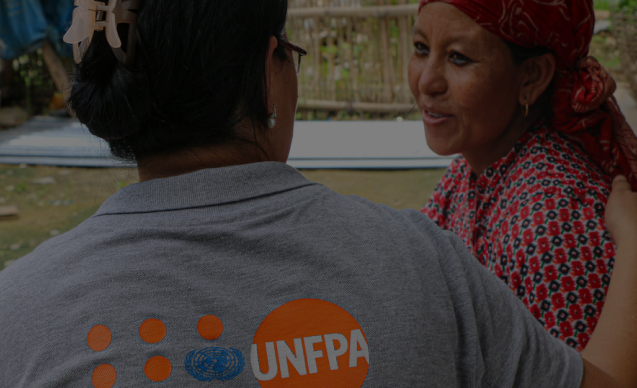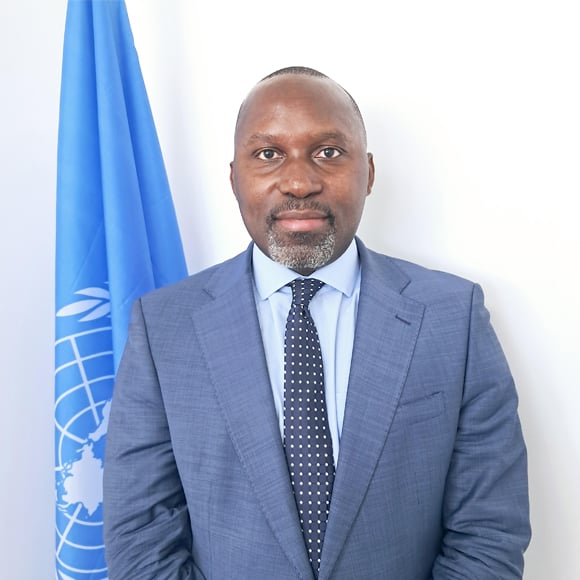UNFPA in Palestine
The Context in Palestine
Palestine is a country with enormous potential but faced with complex and interconnected political, humanitarian, demographic, and governance challenges resulting from the protracted crisis and ongoing occupation. These persistent challenges have been compounded by internal Palestinian political complexities, economic crisis, and falling aid inflows. Palestine deserves special attention and accelerated investments in sexual reproductive and maternal health, family planning, youth and women’s empowerment, gender equality, and human capital to harness the demographic dividend, contain fragility, and build more resilient communities, especially in the most vulnerable geographic locations such as Area C, Hebron H2, East Jerusalem, and the Gaza Strip.
In 2022, the population of Palestine stood at 5.4 millions (3.2 millions in the West Bank, and 2.2 millions in the Gaza Strip). Despite a declining fertility rate, the population is projected to reach 6.9 million by 2030 due to a high growth rate. With 69% of the population under 30, Palestine is youthful but faces challenges.
- A deeply protracted crisis: an estimated 2.1 million Palestinians across the oPt require humanitarian assistance, representing 58% of Gaza residents and one quarter of West Bank residents.
- Escalating Unmet Need: There has been a recent increase in the unmet need for family planning, rising from 10.9% to 12.9% in 2019.
- Alarming Reversal: Major backsliding in maternal mortality rates since 2017, with the Maternal Mortality Ratio (MMR) escalating from 28.5 deaths per 100,000 live births in 2020 to a drastic 47.7 in 2021.
- Persistent Challenges: The prevalence of violence against women and child marriage remains distressingly high, with 59% of women and girls experiencing at least one form of gender-based violence, and 13.4% of women aged 20–24 reporting being married before the age of 18.




